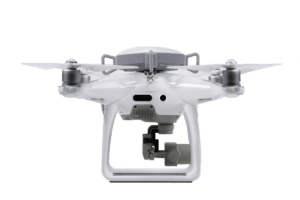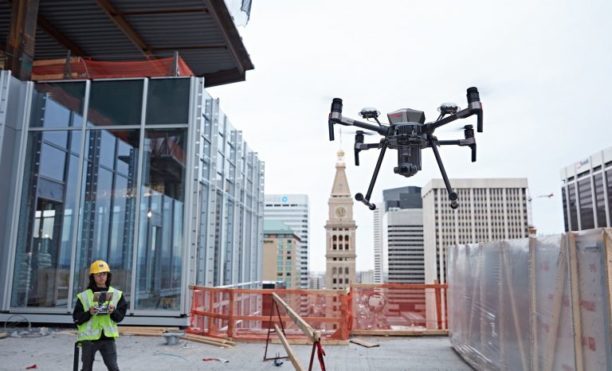
The parachute in question is a ParaZero SafeAir system – and the waiver proves Israeli-based ParaZero’s investment in working with government on ASTM standards was worthwhile. “The FAA did not certify or approve the parachute that will be used; however, the FAA determined that the waiver application sufficiently met the standard design specification (ASTM 3322-18) and that the proposed small Unmanned Aircraft System (sUAS) operation could be safely conducted under the terms and conditions of a waiver,” says the FAA press release.
In addition to participation and investment in multiple UAS Integration Pilot Programs (IPP) to prove the safety case for flight over people, the ASTM standards work represented 18 months of work with ParaZero, DJI, government and others. ASTM F3322-18 was released in September 2018: it defines the requirements for the design, manufacturing and testing of sUAS parachute systems. And while it’s a very significant standard for this element of drone safety – and flight over people – it may be even more significant as a successful example of process that works to bring new technology on board. ASTM standards provide an acceptable framework for regulators to evaluate and approve new technologies – and their use cases.
“This waiver represents the first time the FAA has collaborated with industry in developing a publically available standard, worked with an applicant to ensure the testing and data collected acceptably met the standard, and issued a waiver using an industry standard as a basis to determine that a proposed sUAS operation can be safely conducted under the terms and conditions of a waiver under Part 107,” says the FAA. “…This process is scalable and available to other applicants who propose to use the same drone and parachute combination. The FAA will require each applicant to provide the testing, documentation, and statement of compliance listed in ASTM3322-18 in their applications using the same drone and parachute combination.”
“The FAA has demonstrated a truly collaborative approach, through which they help develop the ASTM standard, work together in the UASIPP and provide feedback on the waiver applications and documentation. “said Avi Lozowick, ParaZero’s Vice President of Policy and Strategy.
“Safety is a core value at Hensel Phelps,” commented Richard Lopez, National UAS Operations Executive for Hensel Phelps. “Utilizing UAS, equipped with ParaZero’s SafeAir Systems, on our job sites allows us to operate more efficiently and accurately and we are committed to leveraging this technology as safely as possible.”
ParaZero CEO, Eden Attias comments: “The approval of this waiver is the goal ParaZero has been striving to achieve for the past two years. A replicable process is key to enable the growth of the UAS industry.”
Miriam McNabb is the Editor-in-Chief of DRONELIFE and CEO of JobForDrones, a professional drone services marketplace, and a fascinated observer of the emerging drone industry and the regulatory environment for drones. Miriam has penned over 3,000 articles focused on the commercial drone space and is an international speaker and recognized figure in the industry. Miriam has a degree from the University of Chicago and over 20 years of experience in high tech sales and marketing for new technologies.
For drone industry consulting or writing, Email Miriam.
TWITTER:@spaldingbarker
Subscribe to DroneLife here.
